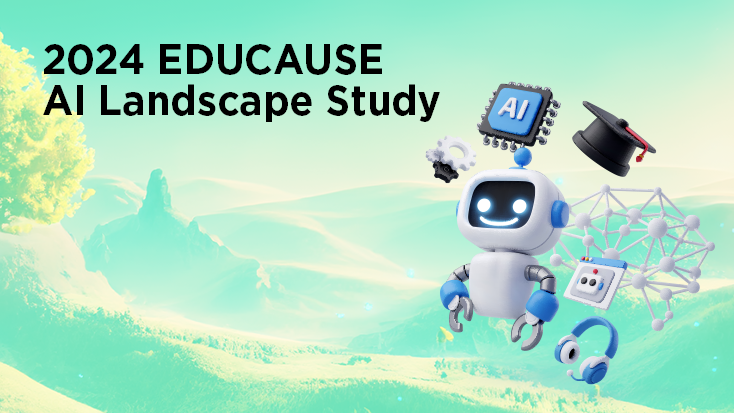Top 6 Use Cases of Generative AI in Education in 2024 — from research.aimultiple.com by Cem Dilmegani
Use cases included:
- Personalized Lessons
- Course Design
- Content Creation for Courses
- Data Privacy Protection for Analytical Models
- Restoring Old Learning Materials
- Tutoring
The Next Phase of AI in Education at the U.S. Department of Education — from medium.com by Office of Ed Tech
Why are we doing this work?
Over the past two years, the U.S. Department of Education has been committed to maintaining an ongoing conversation with educators, students, researchers, developers — and the educational community at large — related to the continuous progress of Artificial Intelligence (AI) development and its implications for teaching and learning.
Many educators are seeking resources clarifying what AI is and how it will impact their work and their students. Similarly, developers of educational technology (“edtech”) products seek guidance on what guardrails exist that can support their efforts. After the release of our May 2023 report Artificial Intelligence and the Future of Teaching and Learning, we heard the desire for more.
2024 EDUCAUSE AI Landscape Study — from library.educause.edu by Jenay Robert
Moving from reaction to action, higher education stakeholders are currently exploring the opportunities afforded by AI for teaching, learning, and work while maintaining a sense of caution for the vast array of risks AI-powered technologies pose. To aid in these efforts, we present this inaugural EDUCAUSE AI Landscape Study, in which we summarize the higher education community’s current sentiments and experiences related to strategic planning and readiness, policies and procedures, workforce, and the future of AI in higher education.
AI Update for K-16 Administrators: More People Need to Step-Up and Take the AI Bull By the Horns — from stefanbauschard.substack.com by Stefan Bauschard
AI capabilities are way beyond what most schools are aware of, and they will transform education and society over the next few years.
Educational administrators should not worry about every AI development, but should, instead focus on the big picture, as those big picture changes will change the entire world and the educational system.
AI and related technologies (robotics, synthetic biology, and brain-computer interfaces) will continue to impact society and the entire educational system over the next 10 years. This impact on the system will be greater than anything that has happened over the last 100 years, including COVID-19, as COVID-19 eventually ended and the disruptive force of these technologies will only continue to develop.
AI is the bull in the China Shop, redefining the world and the educational system. Students writing a paper with AI is barely a poke in the educational world relative to what is starting to happen (active AI teachers and tutors; AI assessment; AI glasses; immersive learning environments; young students able to start their own business with AI tools; AIs replacing and changing jobs; deep voice and video fakes; intelligence leveling; individualized instruction; interactive and highly intelligent computers; computers that can act autonomously; and more).









